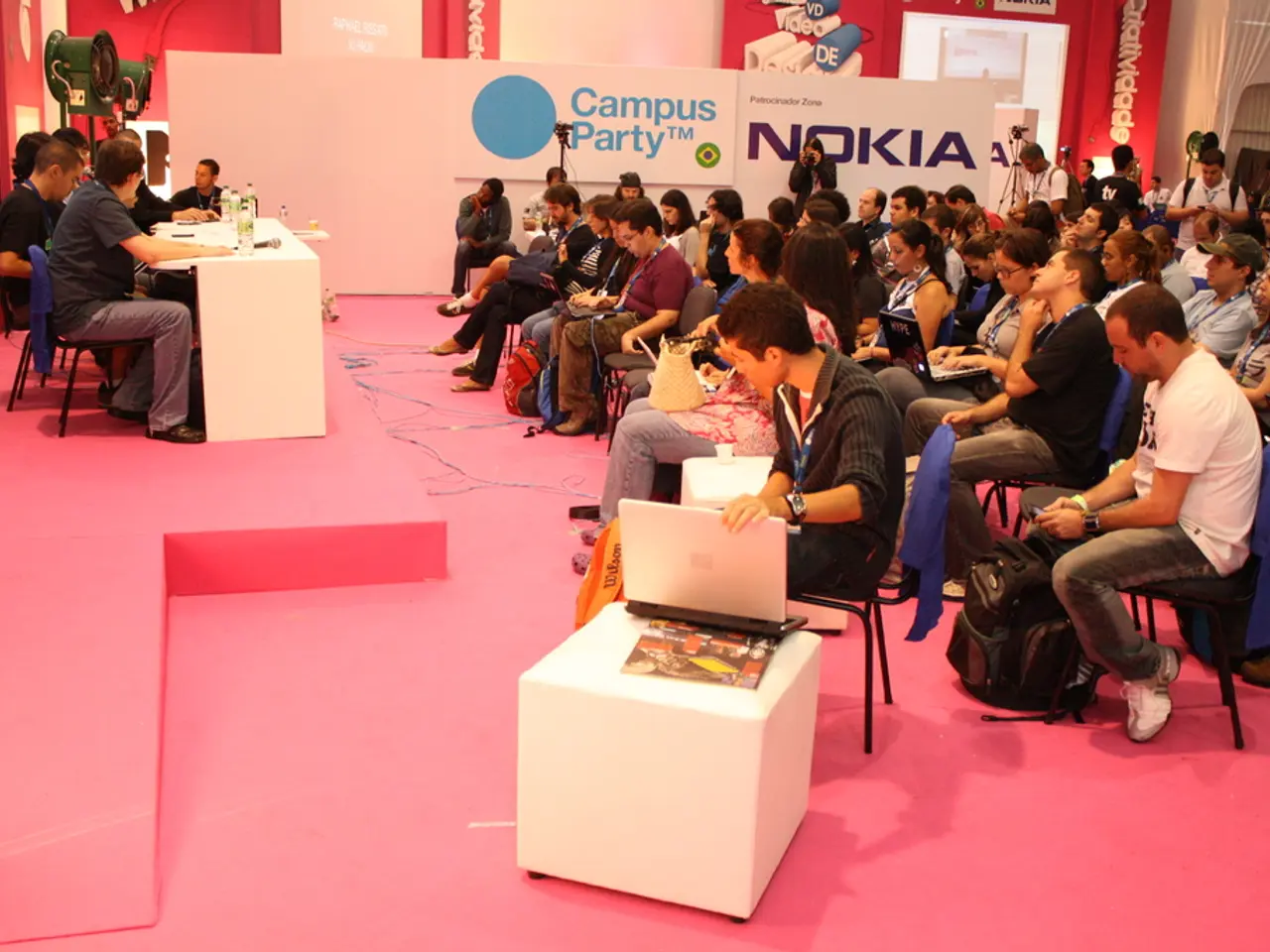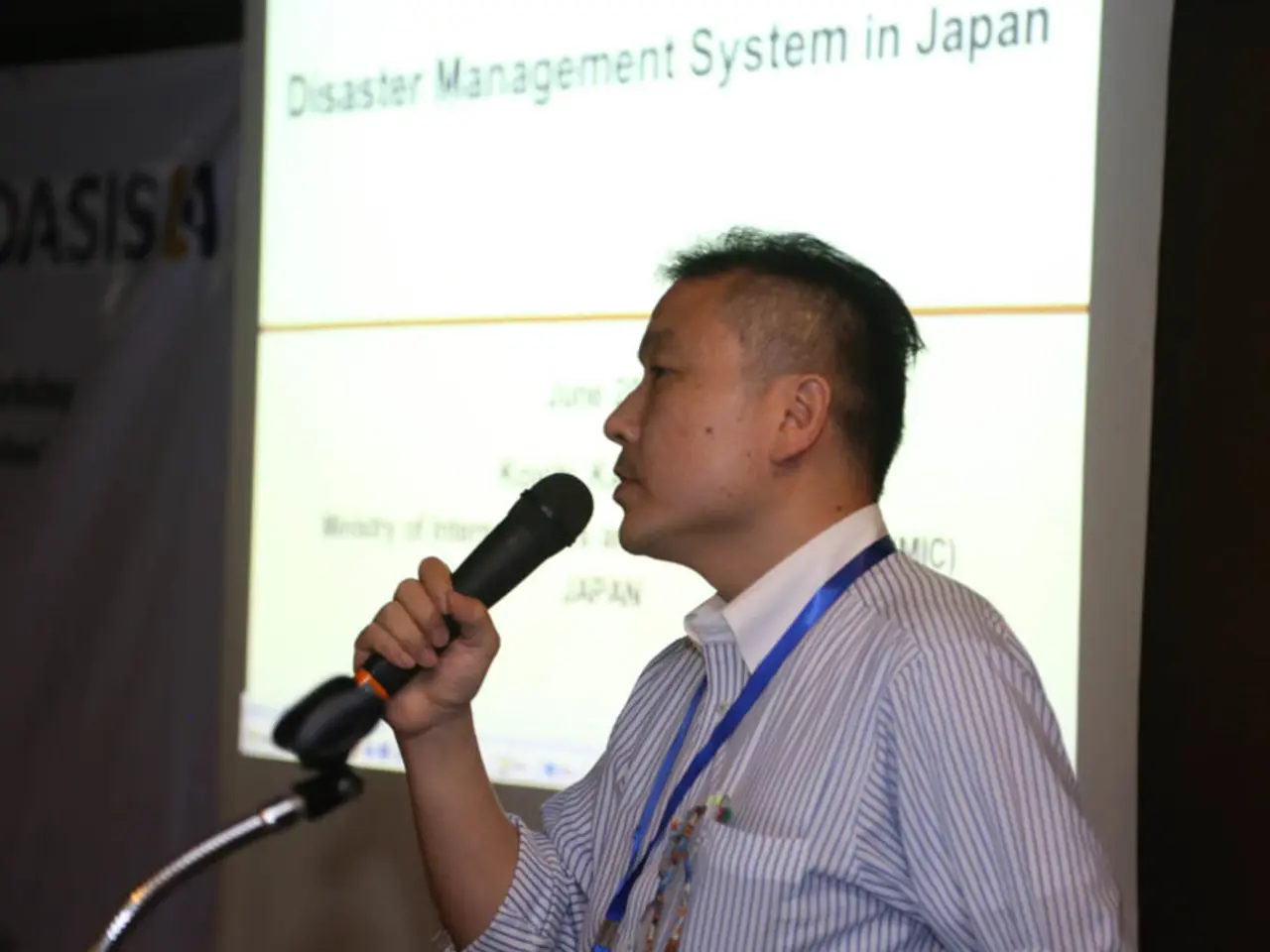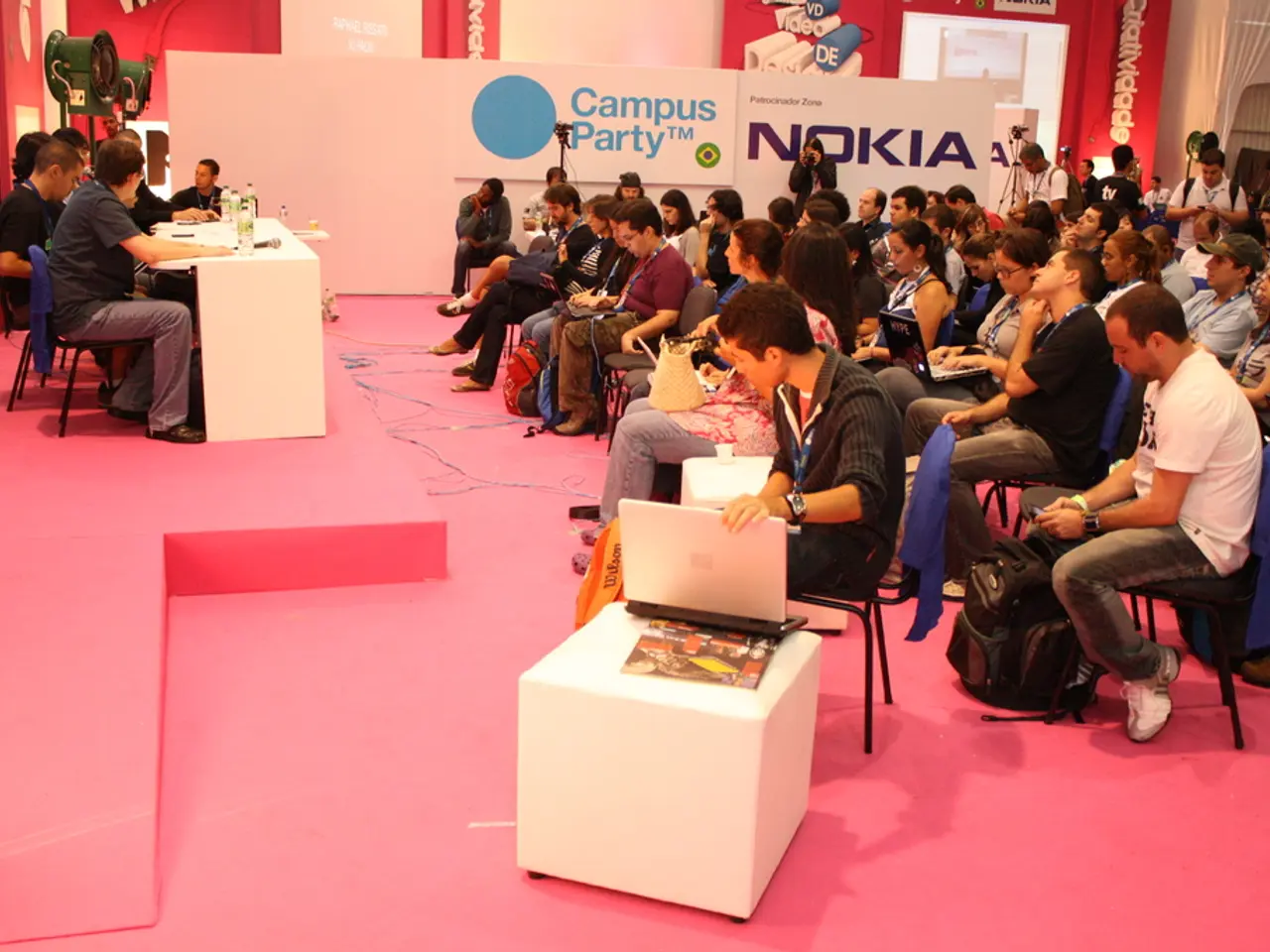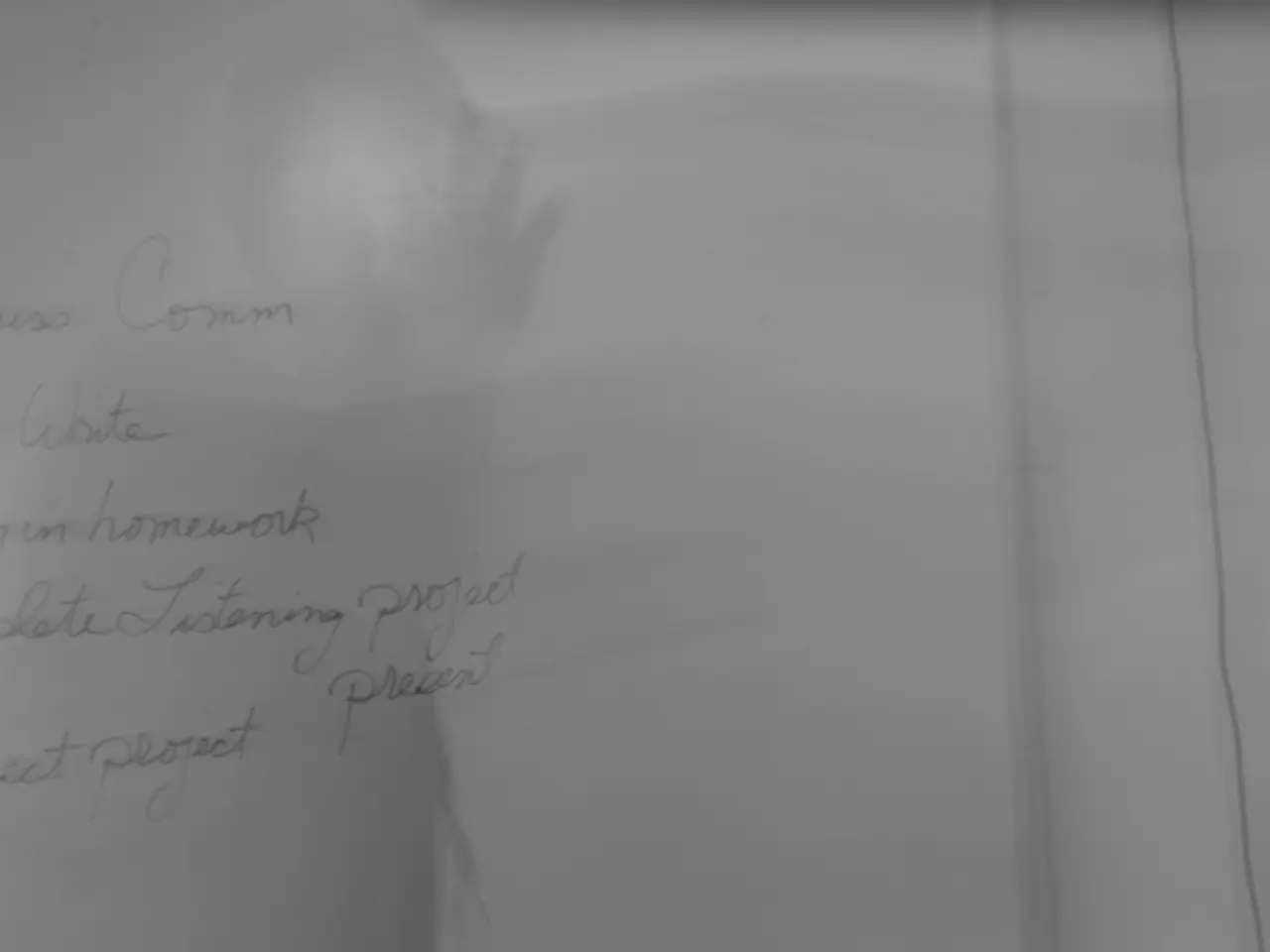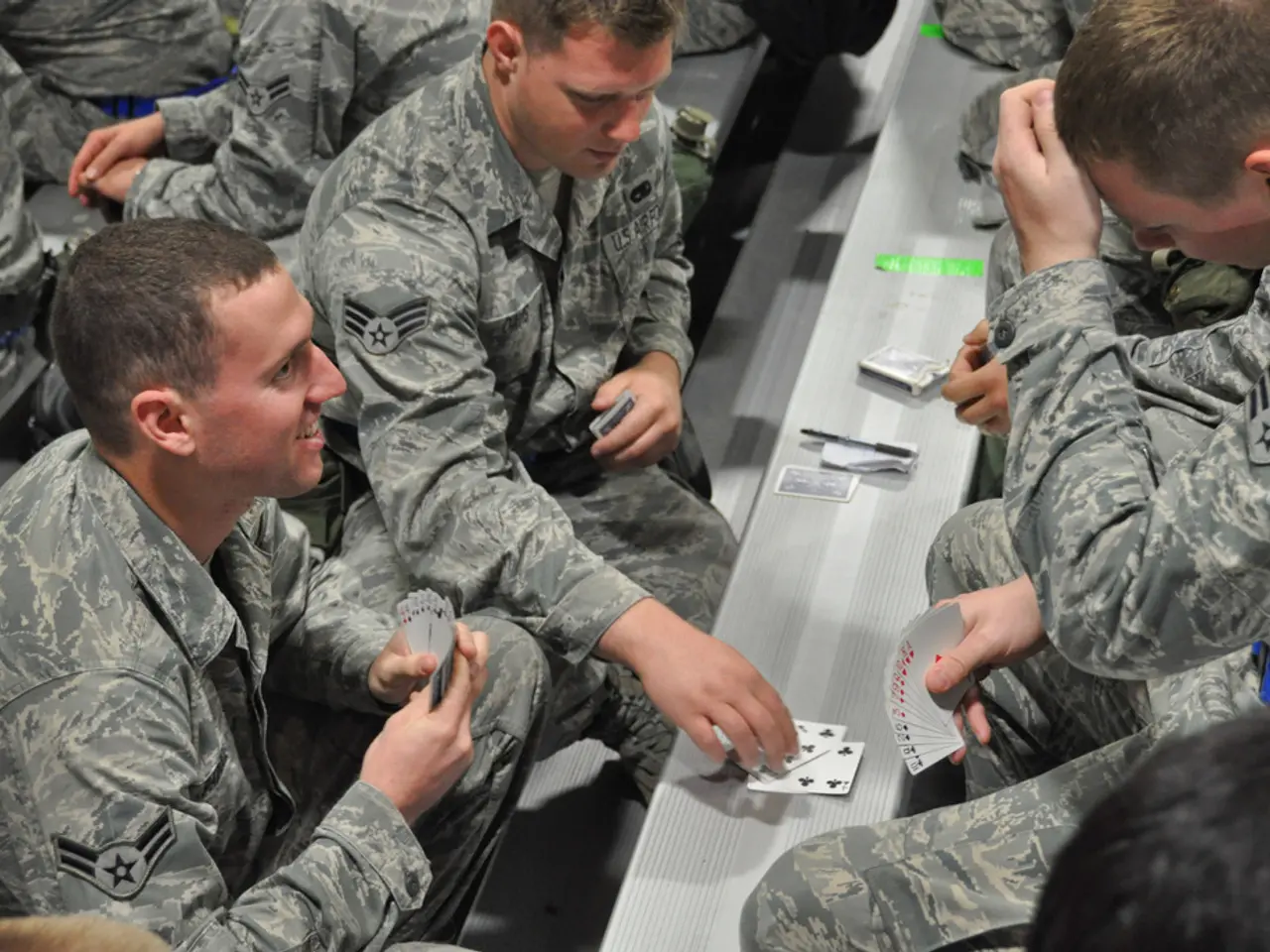China rescinds sanctions imposed on German Green party politicians
Following the recent lifting of sanctions on German Green politician Reinhard Bütikofer by China, the overall EU-China relationship remains complex and cautious, reflecting broader geopolitical and economic dynamics rather than a straightforward improvement.
As the two powers prepare to commemorate the 50th anniversary of their diplomatic relations, scheduled for late July 2025 in Beijing, the EU and China find themselves navigating a relationship marked by partnership, competition, and systemic rivalry. This nuanced approach is evident in the EU's 2019 Strategic Outlook and recent statements by EU leaders.
The lifting of sanctions against figures like Bütikofer, initially imposed in 2021 in response to EU sanctions over the repression of the Muslim Uyghur minority in China's Xinjiang region, is seen as a positive but isolated gesture within a broader context of mistrust and rivalry. Tensions persist, notably concerning trade issues such as China's restrictions on medical device exports, which have provoked European business and government concerns about market access and reciprocity.
The upcoming EU-China summit, with Xi Jinping, China's state and party leader, meeting EU Commission President Ursula von der Leyen and Council President António Costa, is expected to advance dialogue and potential cooperation. However, it is unlikely to mark a dramatic shift in relations, which remain defined by both strategic competition and pragmatic cooperation amid ongoing challenges.
Economic cooperation remains a vital, though challenging, pillar of the relationship. Joint efforts focus on balancing trade, investment, climate action, technology, and multilateral governance, areas where EU and China have mutual responsibilities as two of the largest global economies. However, political and systemic differences, including the EU’s critical view of China as a "systemic rival," continue to shape cautious engagement.
The Mercator Institute for China Studies (Merics) based in Berlin, still affected by the sanctions, serves as a reminder that the lifting of sanctions on Bütikofer is not a universal gesture. The EU may be trying to become more independent from China in important economic areas, due to accusations that China supports Russia's war against Ukraine and uses unfair subsidy and trade practices.
In conclusion, the lifting of sanctions on Bütikofer is a step towards resuming dialogue between China and the European Parliament, but it does not signal a complete thaw in relations. The EU-China summit is expected to advance dialogue and potential cooperation, but it will likely not mark a dramatic shift in relations, which remain defined by both strategic competition and pragmatic cooperation amid ongoing challenges.
- The EU's policy-and-legislation towards China, as outlined in the 2019 Strategic Outlook and recent statements by EU leaders, reveals a complex approach that includes partnership, competition, and systemic rivalry, particularly regarding trade issues like China's restrictions on medical device exports.
- The upcoming EU-China summit, despite potential advances in dialogue and cooperation, is unlikely to mark a significant shift in the relationship, as it remains defined by strategic competition and pragmatic cooperation amid ongoing challenges, with politics and systemic differences continuing to shape cautious engagement.
